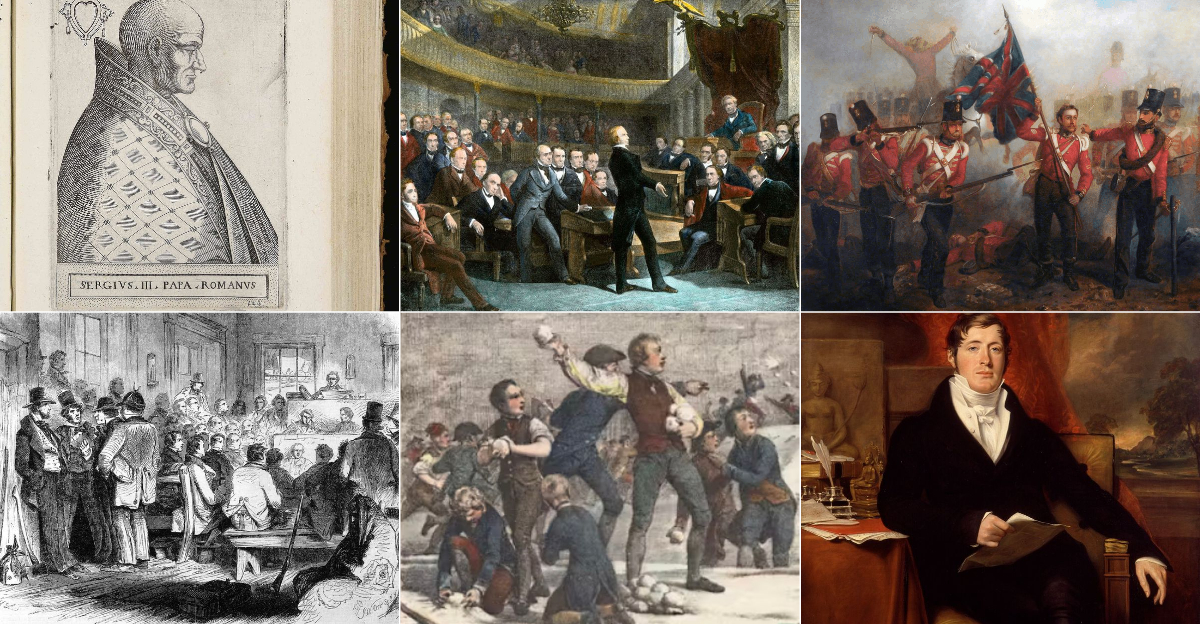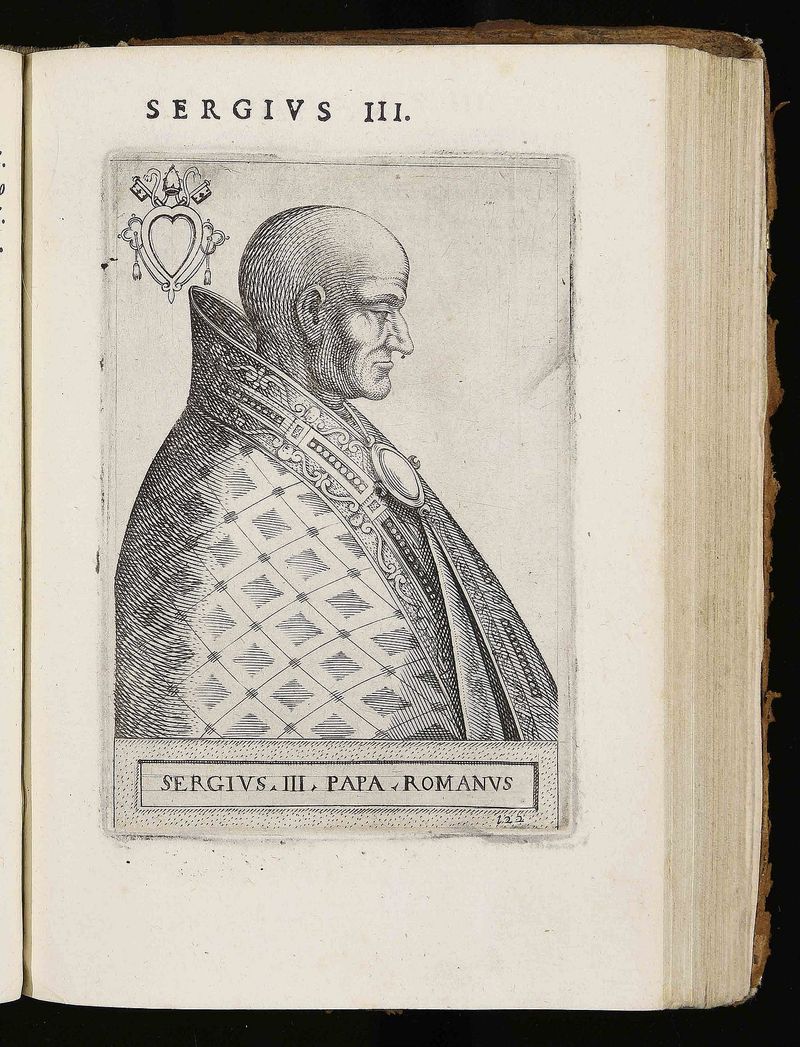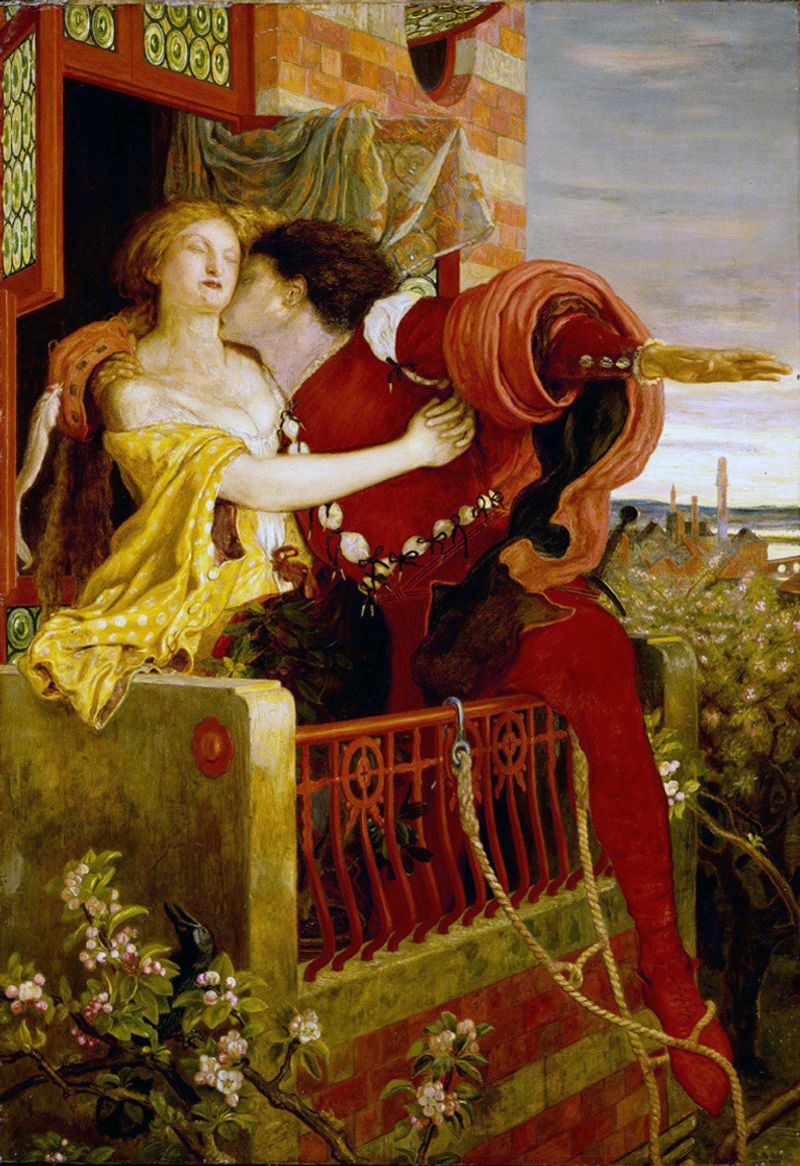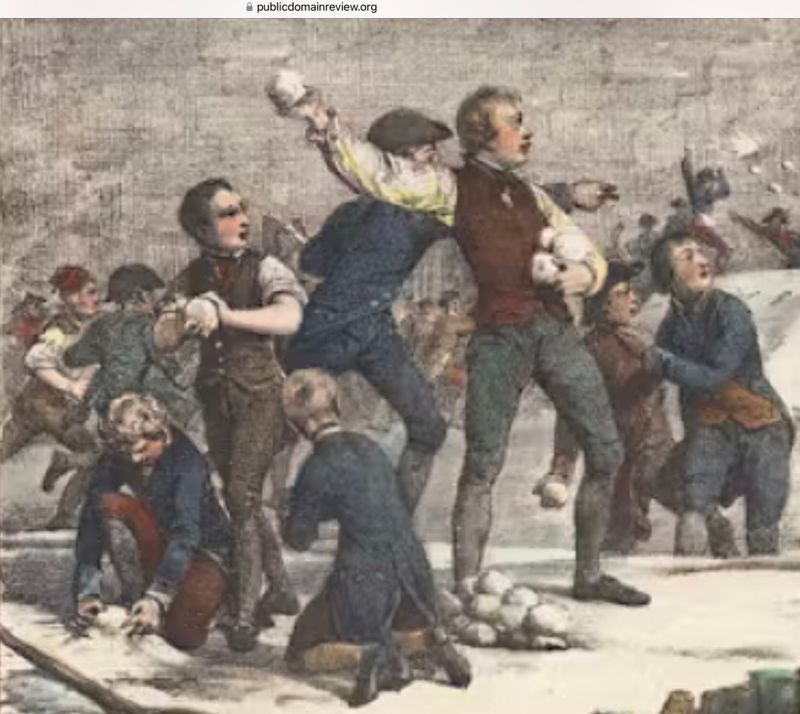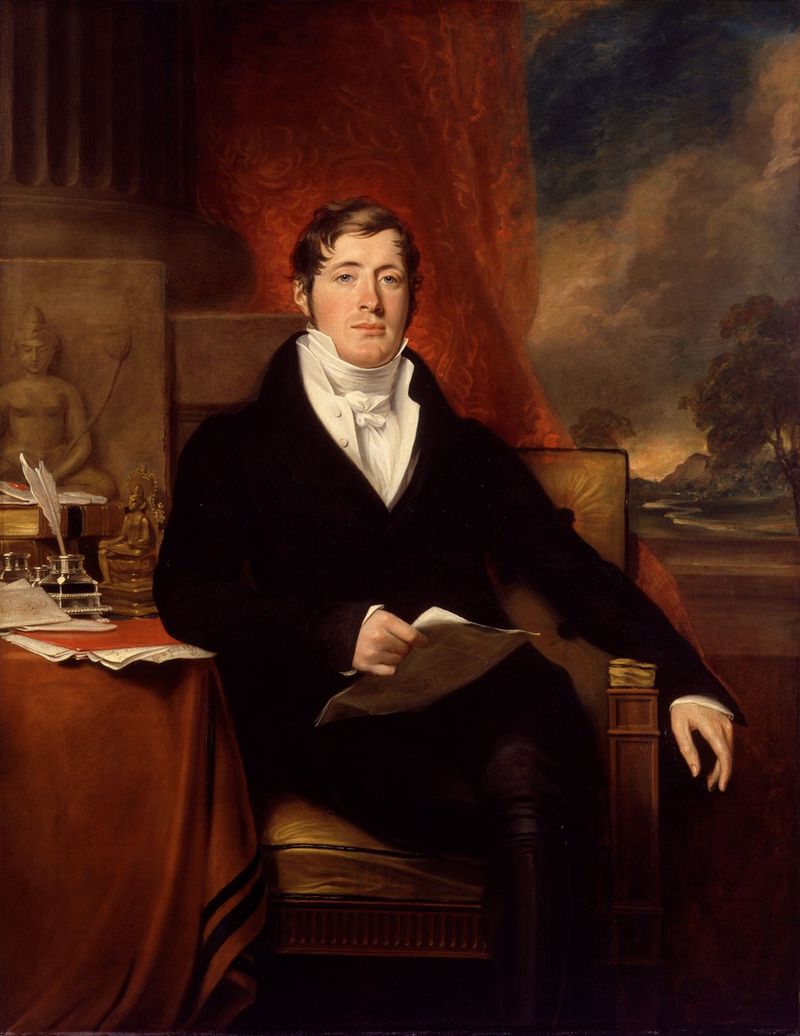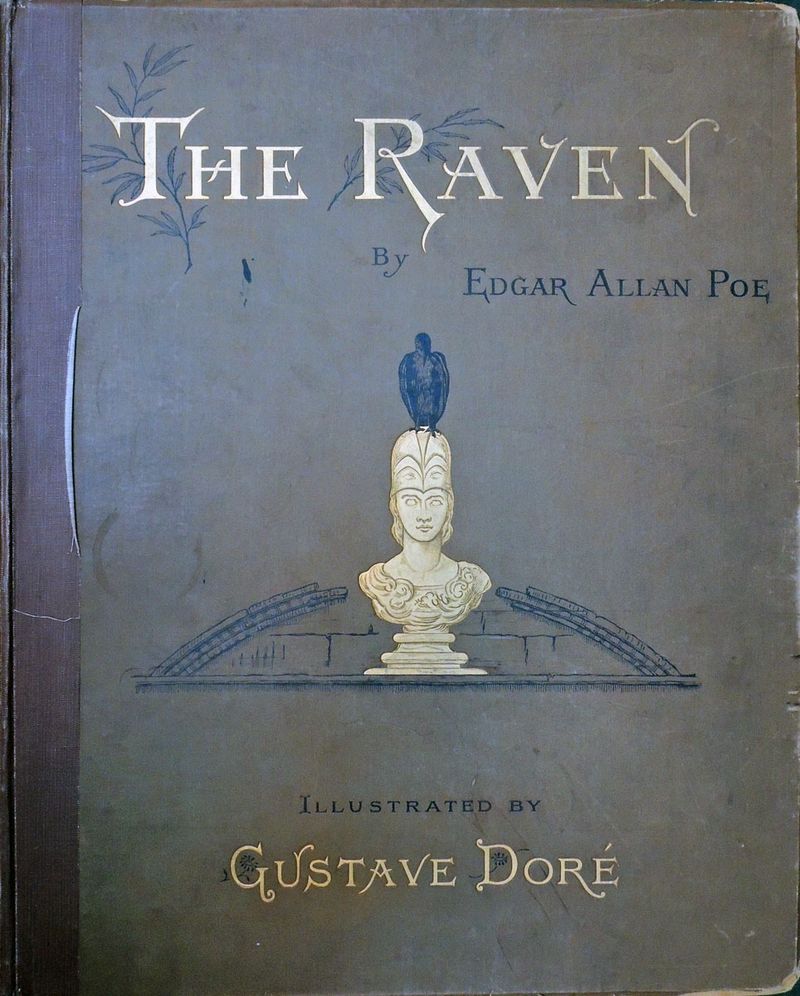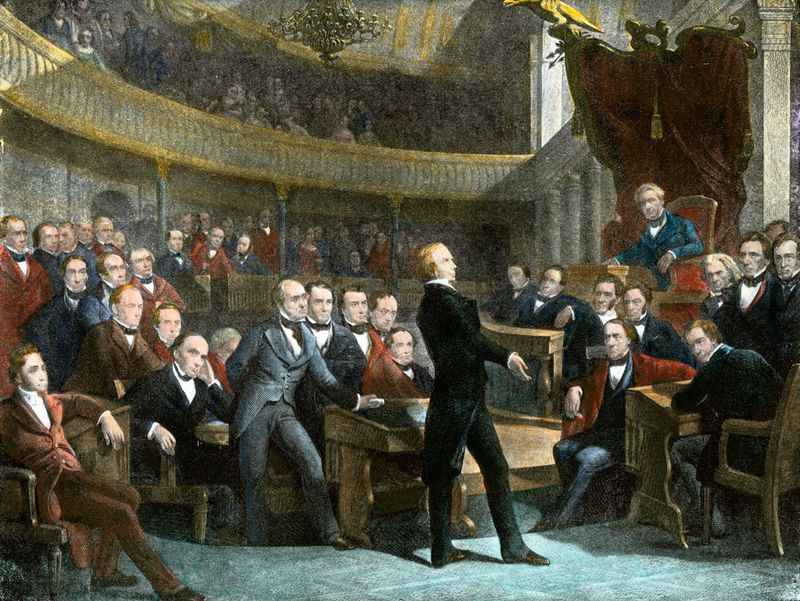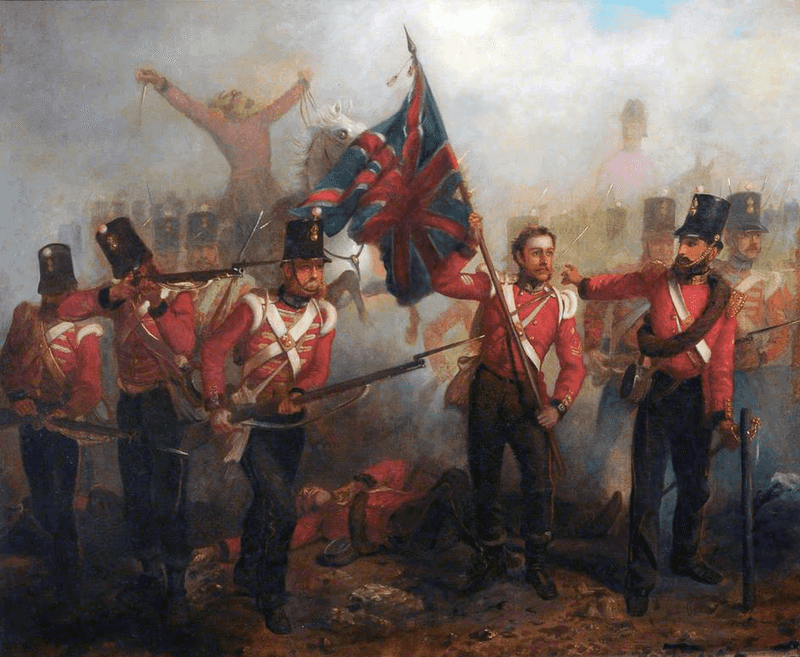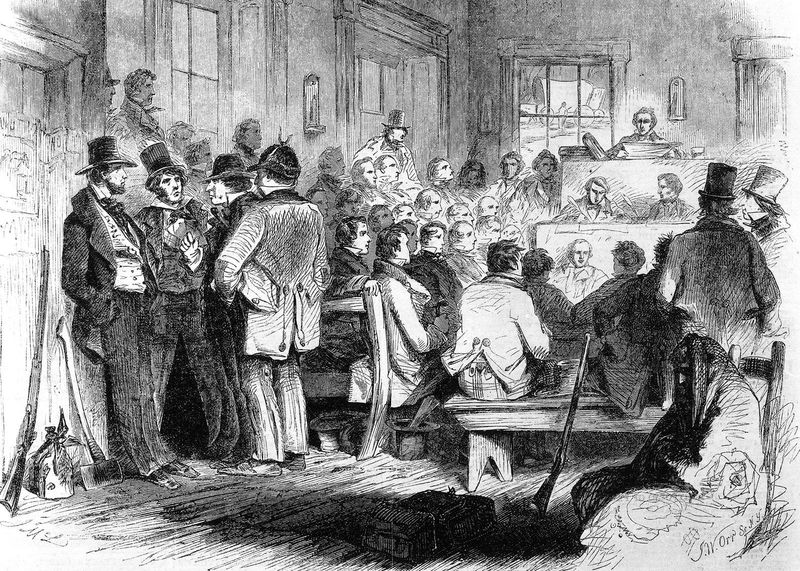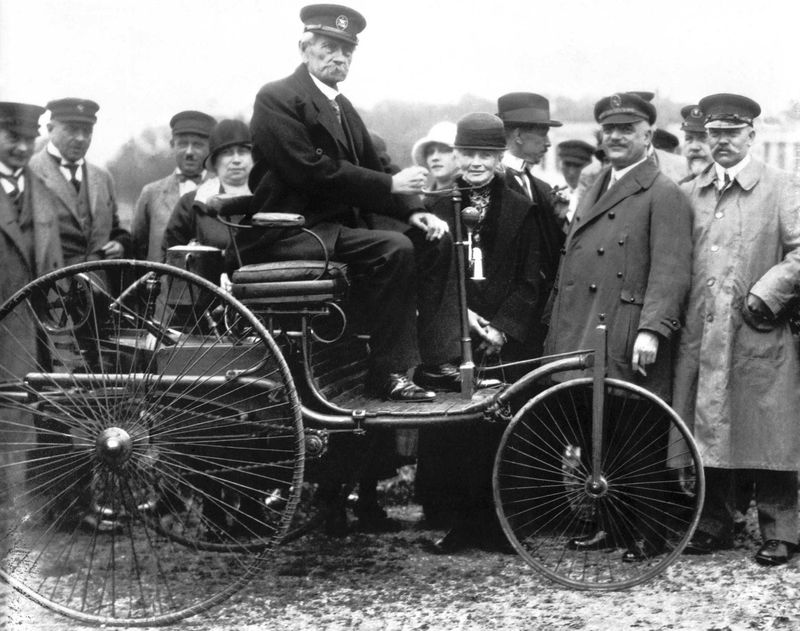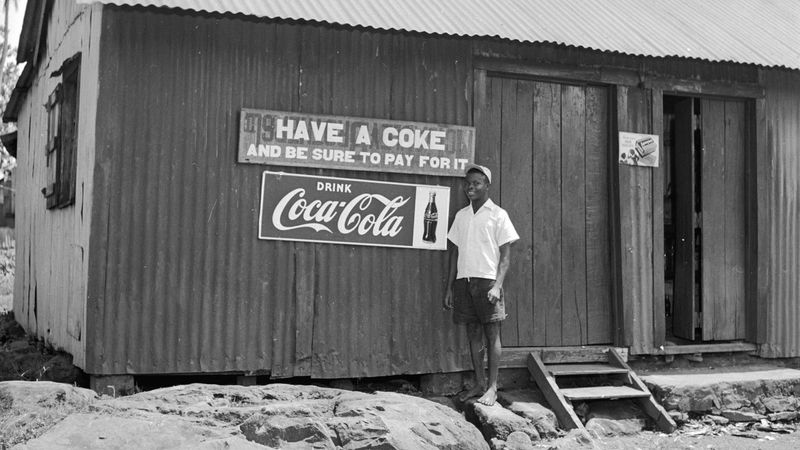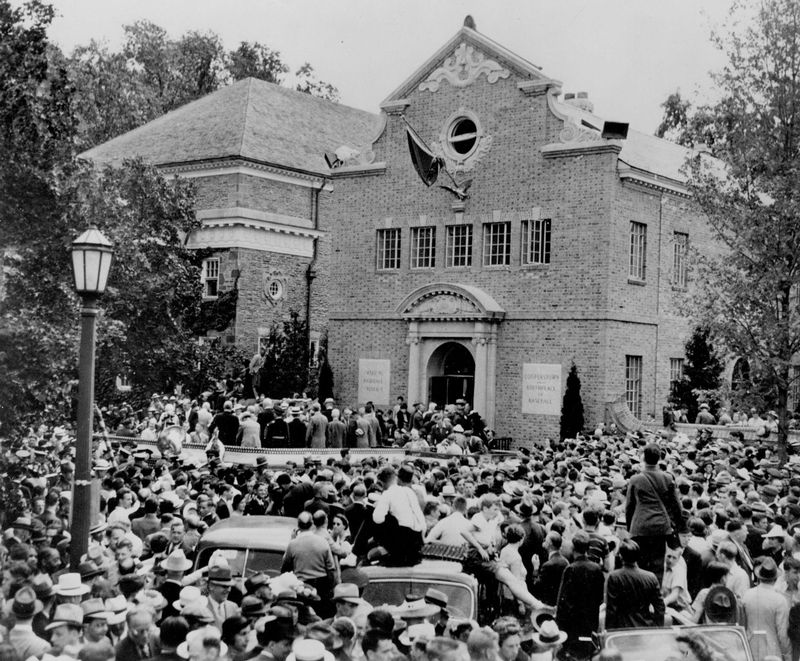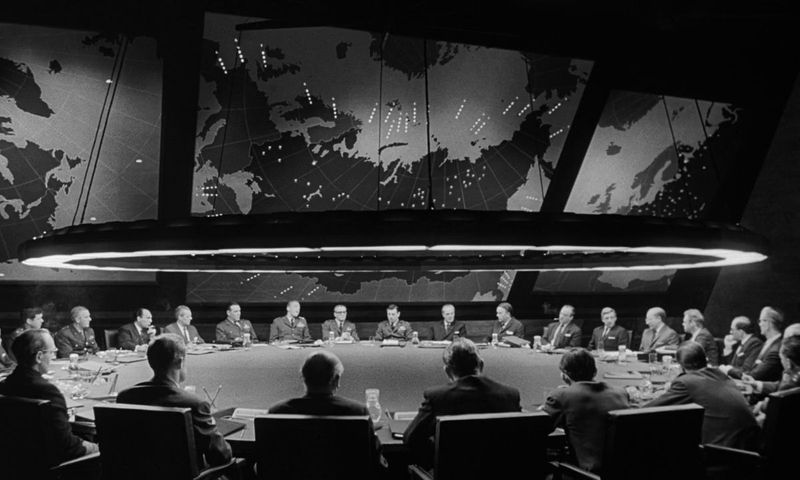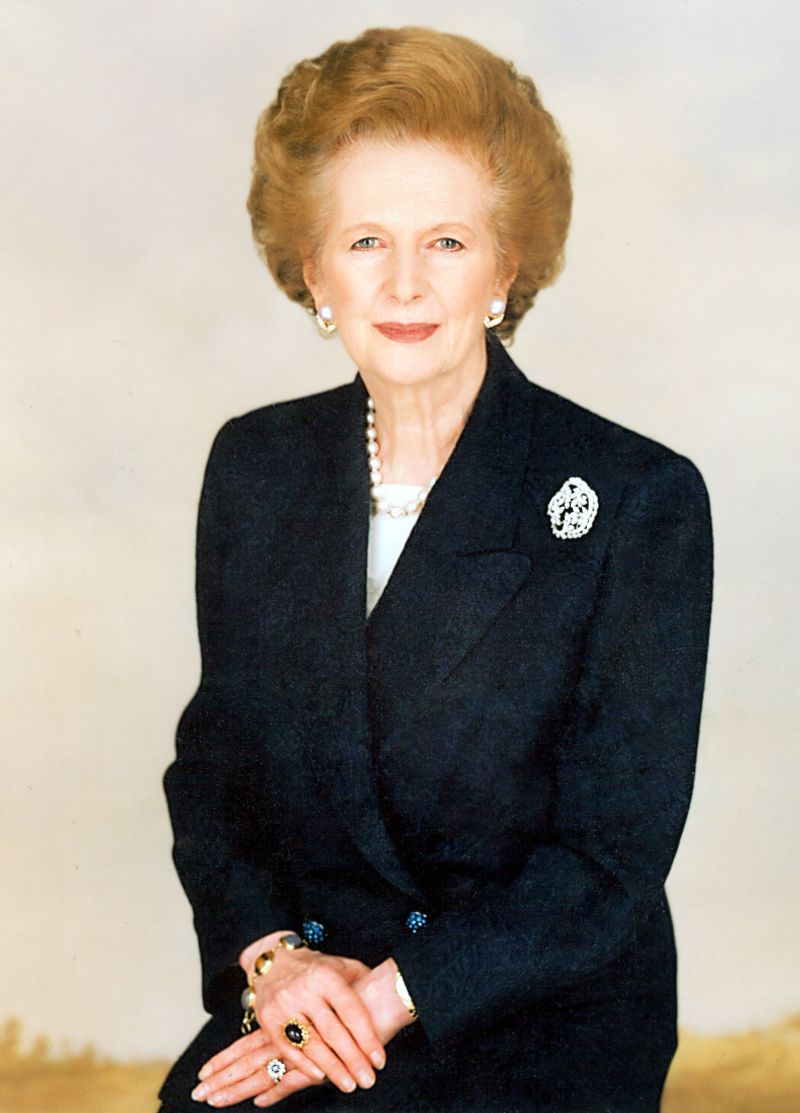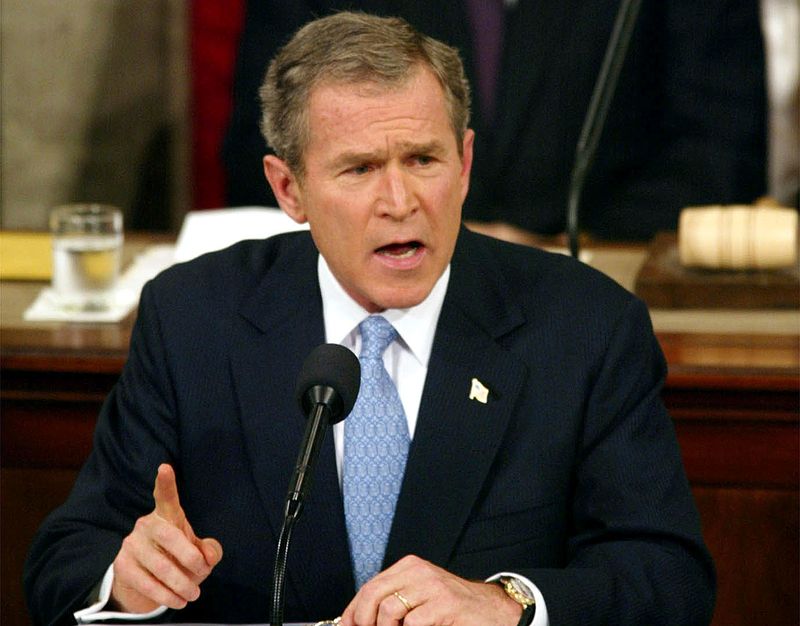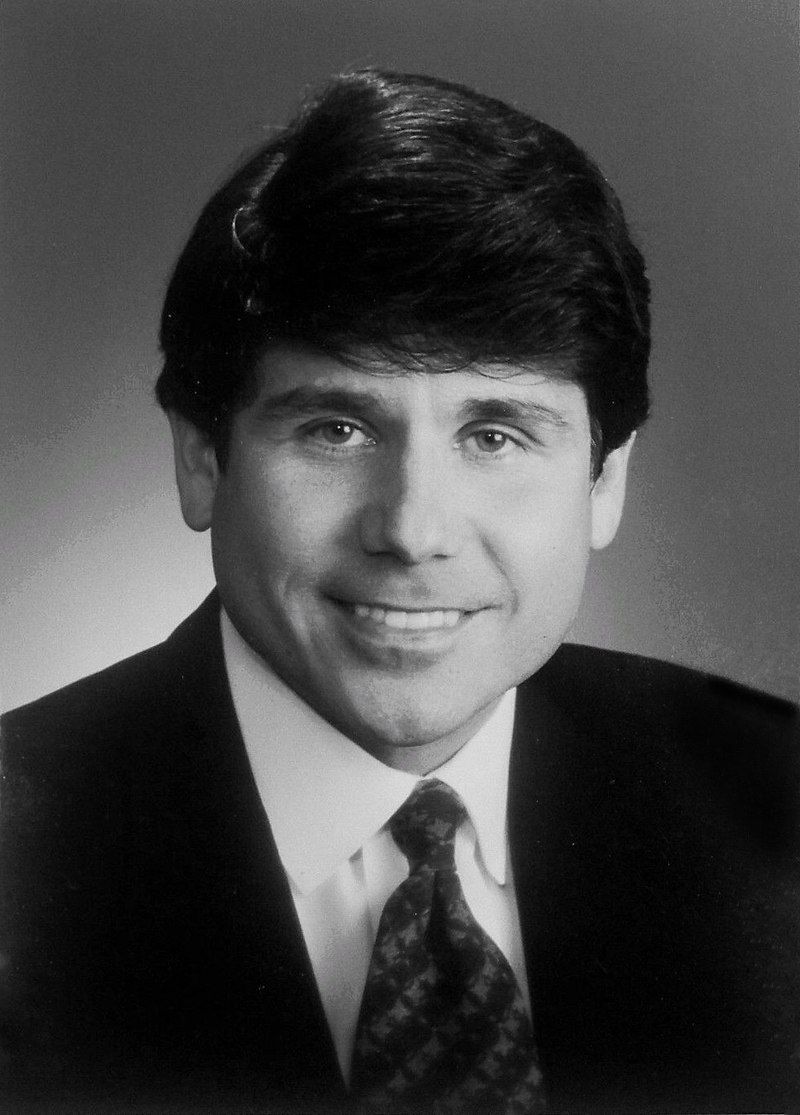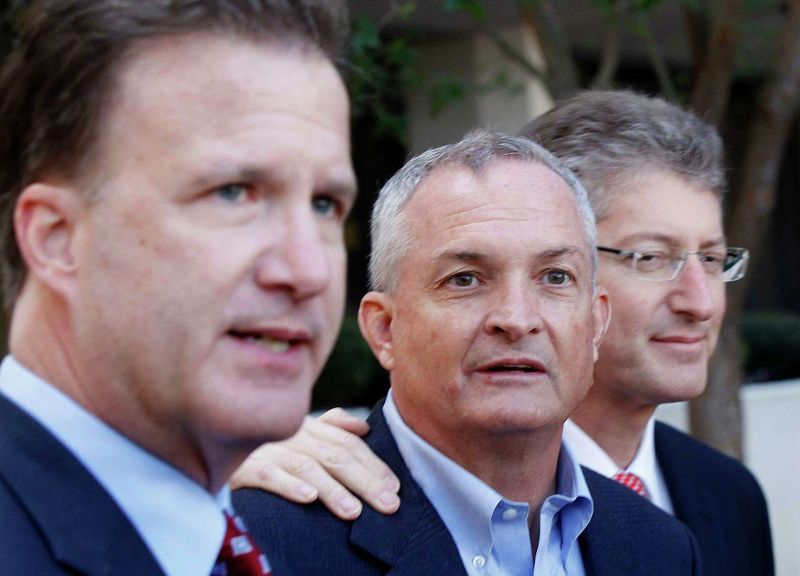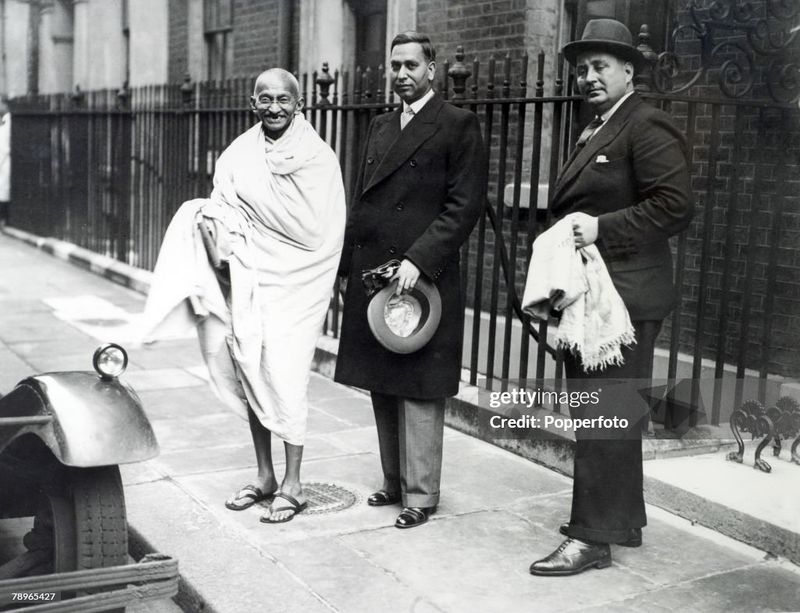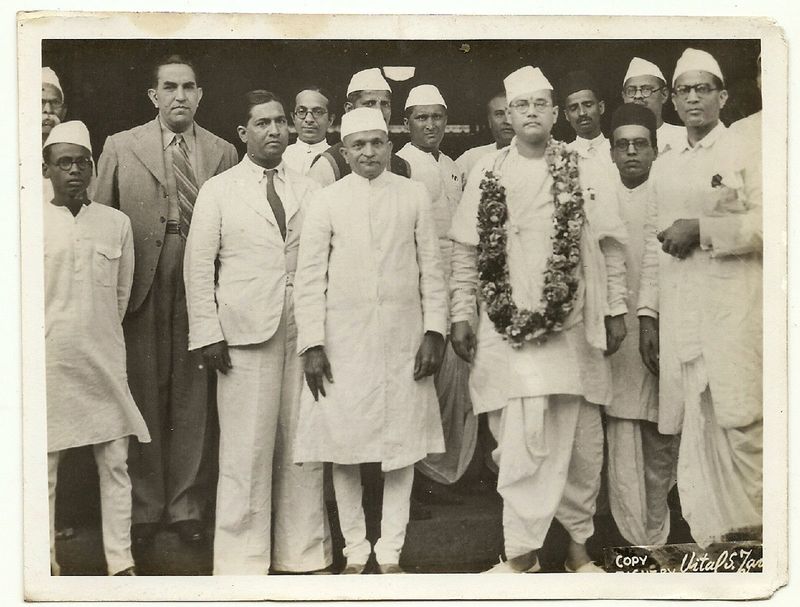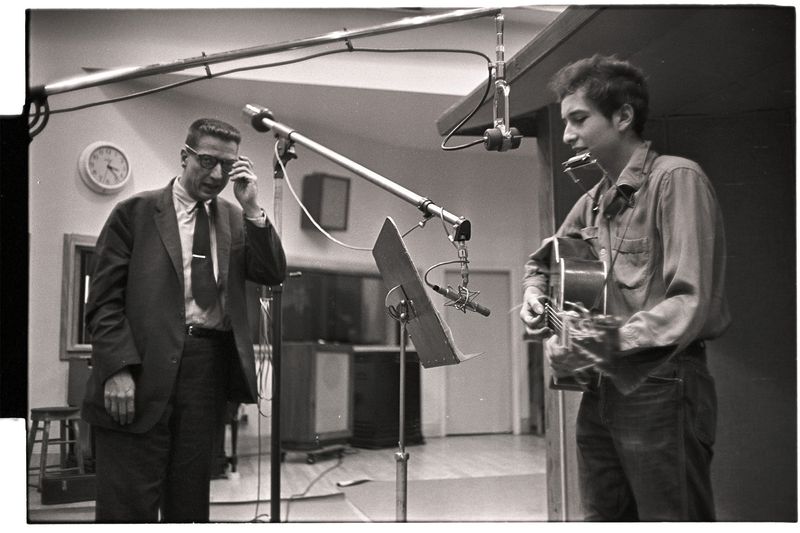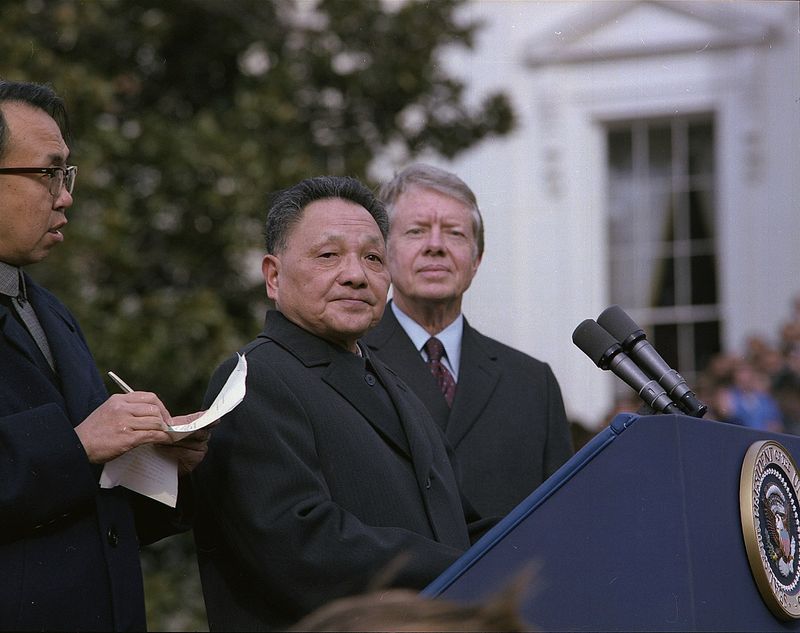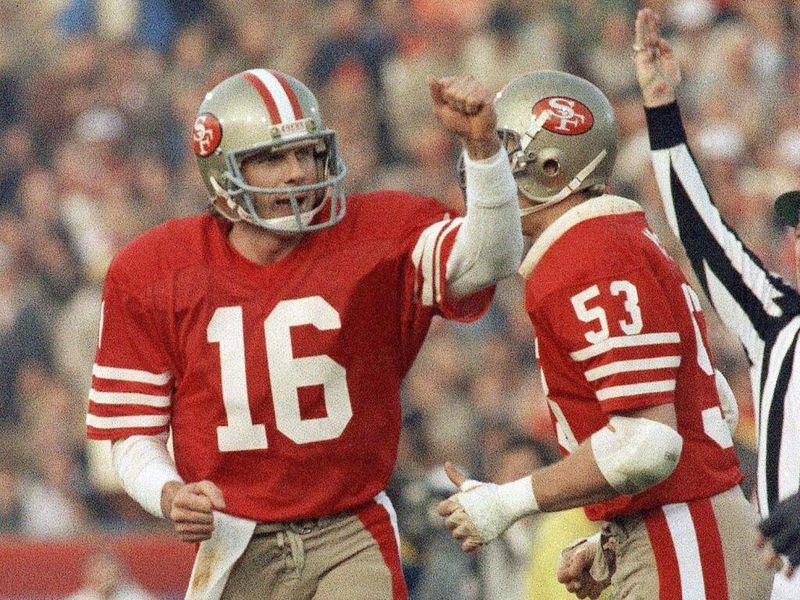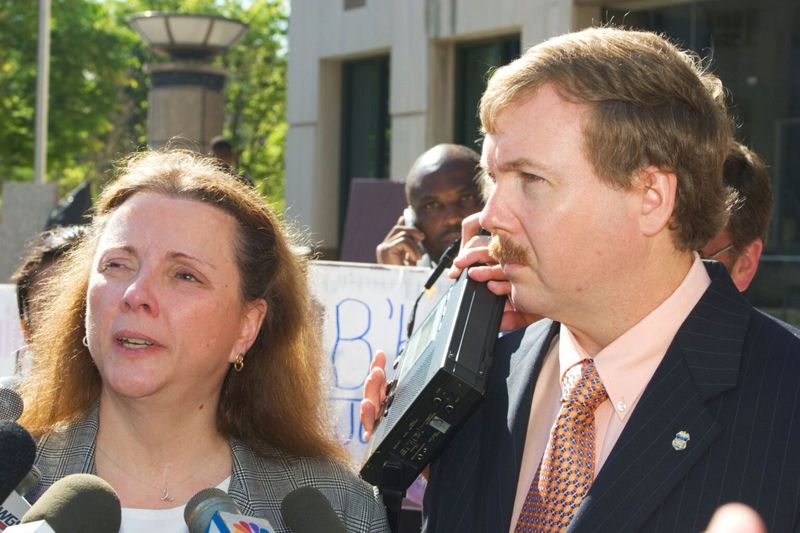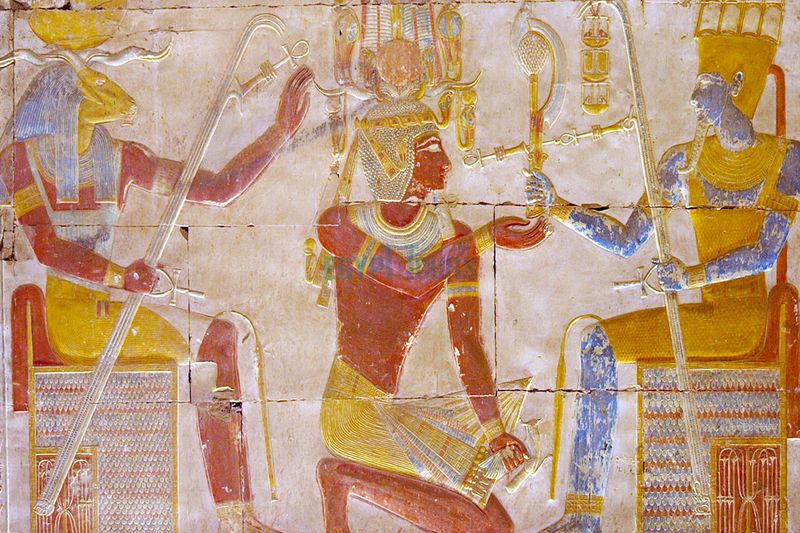January 29 has witnessed a myriad of events that have left indelible marks on history. From groundbreaking inventions to significant political changes, this day offers a fascinating glimpse into the past.
Explore these 30 historic events that occurred on January 29, each shaping the world in its unique way.
1. Sergius III Becomes Pope
In 904, Sergius III ascended to the papacy after deposing antipope Christopher. This controversial shift marked a tumultuous period in the Catholic Church’s history. Sergius was known for his strong political maneuvers, which some viewed as tyrannical.
During his papacy, he navigated complex alliances that influenced the Church’s power dynamics in medieval Europe. Sergius III’s leadership was marked by his assertive stance on ecclesiastical matters.
His tenure as pope was not without controversy, as he faced criticism for his methods. Yet, Sergius III’s impact on the papacy is undeniably significant, shaping its future direction.
2. Shakespeare’s “Romeo and Juliet” Premieres
On January 29, 1595, William Shakespeare’s iconic play “Romeo and Juliet” is believed to have been first performed. This timeless tale of star-crossed lovers captivated audiences with its poignant exploration of love and conflict.
Shakespeare’s masterful storytelling and poetic prowess are showcased in this work, which continues to resonate with audiences worldwide.
The play’s themes of passion, family feuds, and fate have transcended centuries, making it one of the most performed plays in history. “Romeo and Juliet” highlights the enduring power of love and the tragic consequences of familial discord.
3. Battle of Brienne
In 1814, the Battle of Brienne saw France clashing with Russia and Prussia during the War of the Sixth Coalition. This significant battle was part of Napoleon Bonaparte’s efforts to defend his empire against a coalition determined to dismantle it.
The French forces, despite being outnumbered, managed to secure a victory. This battle demonstrated Napoleon’s strategic brilliance and his ability to galvanize his troops under challenging conditions.
However, the victory was bittersweet, as it only temporarily delayed the coalition’s advance. The Battle of Brienne remains a testament to Napoleon’s military acumen.
4. Raffles Lands on Singapore
Sir Stamford Raffles arrived on the island of Singapore on January 29, 1819. This event marked the beginning of Singapore’s transformation into a major British trading post.
Raffles recognized the strategic importance of Singapore’s location along vital trade routes in Southeast Asia. His vision and leadership laid the foundation for Singapore’s development into a thriving port city.
Under Raffles’ guidance, Singapore grew rapidly, attracting merchants and settlers from around the world. Today, Raffles’ legacy is evident in Singapore’s success as a global financial hub. His role in shaping modern Singapore is celebrated and remembered.
5. Publication of “The Raven”
Edgar Allan Poe’s famous poem “The Raven” was first published on January 29, 1845, in the New York Evening Mirror. This haunting narrative poem quickly gained popularity for its melancholic and eerie atmosphere.
Poe’s masterful use of language and rhythm creates a chilling experience for readers. “The Raven” explores themes of loss, longing, and the supernatural, resonating with audiences both then and now.
The poem’s refrain, “Nevermore,” has become emblematic of Poe’s distinctive style. “The Raven” cemented Poe’s reputation as a leading figure in American literature and contributed to his enduring legacy.
6. Introduction of the Compromise of 1850
On January 29, 1850, U.S. Senator Henry Clay introduced the Compromise of 1850 to Congress. This pivotal legislation aimed to address and ease tensions between Northern and Southern states over issues such as slavery and territorial expansion.
Clay, known as the “Great Compromiser,” sought to maintain the Union through a series of measures designed to appease both sides.
The compromise included provisions for admitting California as a free state and implementing a stricter Fugitive Slave Law. Although controversial, the Compromise of 1850 played a crucial role in delaying the onset of the Civil War.
7. Establishment of the Victoria Cross
In 1856, Queen Victoria established the Victoria Cross, the highest military decoration awarded for valor “in the face of the enemy.” Instituted during the Crimean War, this medal recognized acts of extraordinary bravery among British armed forces.
The creation of the Victoria Cross marked a shift towards honoring individual heroism rather than rank or status. It remains one of the most prestigious awards in military history, symbolizing courage and sacrifice.
Queen Victoria’s decision to establish this award underscored the importance of valor in warfare. The Victoria Cross continues to be a revered symbol of bravery and honor.
8. Kansas Joins the Union
January 29, 1861, marked Kansas’ admission as the 34th state of the United States. This event followed a tumultuous period known as “Bleeding Kansas,” characterized by violent conflicts over whether the state would permit slavery.
Kansas’ entry into the Union as a free state was a significant victory for abolitionists. It also highlighted the growing tensions between North and South that would eventually lead to the Civil War.
Kansas’ statehood was a crucial chapter in the nation’s struggle over slavery. Its admission exemplified the volatile political landscape of the era.
9. Benz Patent-Motorwagen
On January 29, 1886, Karl Benz patented the “Benz Patent-Motorwagen,” recognized as the world’s first automobile.
This groundbreaking invention revolutionized transportation by introducing a practical motor vehicle powered by an internal combustion engine.
Benz’s innovative design paved the way for the modern automotive industry, transforming how people traveled and interacted with the world.
The Patent-Motorwagen’s success demonstrated the potential of motorized vehicles, sparking interest and investment in automotive technology.
Karl Benz’s contribution to transportation history is celebrated for its ingenuity and lasting impact. The automobile remains a testament to human innovation and progress.
10. Incorporation of The Coca-Cola Company
In 1892, The Coca-Cola Company was incorporated in Atlanta, Georgia, marking the official beginning of one of the most iconic brands in history.
Originally developed as a medicinal tonic, Coca-Cola’s popularity skyrocketed due to its refreshing taste and innovative marketing. The company’s incorporation laid the foundation for its global expansion and long-term success.
Coca-Cola became synonymous with American culture, spreading its influence worldwide. Over the decades, the brand has continuously evolved, adapting to changing consumer preferences while maintaining its signature identity.
The Coca-Cola Company’s rich history reflects its enduring appeal and cultural significance.
11. Baseball Hall of Fame Inductees Announced
On January 29, 1936, the first inductees into the Baseball Hall of Fame were announced, including legendary players Ty Cobb and Babe Ruth.
This milestone celebrated the achievements of baseball’s most outstanding athletes, commemorating their contributions to the sport’s rich history.
The Hall of Fame, located in Cooperstown, New York, serves as a testament to the enduring legacy of baseball in American culture. Induction into the Hall of Fame is a prestigious honor, recognizing players’ exceptional skills and impact on the game.
Ty Cobb and Babe Ruth’s enshrinement cemented their status as icons of baseball history.
12. Premiere of “Dr. Strangelove”
Stanley Kubrick’s film “Dr. Strangelove” premiered on January 29, 1964. This satirical comedy explored the absurdities of nuclear war, captivating audiences with its dark humor and thought-provoking narrative.
Kubrick’s masterful direction and the film’s stellar cast, including Peter Sellers, contributed to its critical acclaim. “Dr. Strangelove” remains a classic, renowned for its innovative storytelling and social commentary.
The film’s release during the Cold War era resonated with viewers, reflecting societal fears and tensions of the time. Kubrick’s work continues to inspire filmmakers and audiences, highlighting the power of cinema to address complex issues.
13. Thatcher Denied Honorary Degree
In 1987, British Prime Minister Margaret Thatcher was refused an honorary degree from Oxford University, a rare post-war rebuff. This decision reflected widespread opposition to her controversial policies, particularly those affecting education and public funding.
Students and faculty protested against the traditional honor, highlighting divisions within the academic community. Thatcher’s rejection underscored the tensions between the Conservative government and educational institutions.
Despite the controversy, Thatcher remained a formidable figure in British politics. Her leadership and legacy continue to evoke strong opinions, illustrating the complexities of her tenure as Prime Minister.
14. “Cats” Becomes Longest-Running Show
On January 29, 1996, the musical “Cats” surpassed “A Chorus Line” to become the longest-running show in London’s West End.
Andrew Lloyd Webber’s adaptation of T.S. Eliot’s “Old Possum’s Book of Practical Cats” captured the imagination of audiences with its innovative storytelling and memorable music.
The show’s success reflected its universal appeal, drawing theatergoers from around the world. “Cats” redefined musical theater, showcasing the power of art to connect people across different cultures.
Its record-breaking run is a testament to its enduring popularity and cultural significance, remaining a beloved classic in theater history.
15. Bush’s “Axis of Evil” Speech
In his 2002 State of the Union address, U.S. President George W. Bush described Iraq, Iran, and North Korea as an “axis of evil.”
This phrase highlighted perceived threats posed by these nations, emphasizing their potential to develop weapons of mass destruction.
Bush’s speech marked a significant moment in post-9/11 foreign policy, reinforcing the administration’s stance on combating global terrorism. The “axis of evil” rhetoric influenced international relations and shaped U.S. diplomatic strategies.
This address remains a notable event in American political history, reflecting the complexities of global security concerns during the early 21st century.
16. Blagojevich Removed from Office
On January 29, 2009, Illinois Governor Rod Blagojevich was removed from office following his impeachment and conviction on corruption charges.
The scandal centered around allegations of attempting to sell the U.S. Senate seat vacated by President-elect Barack Obama. Blagojevich’s removal marked a dramatic fall from grace for the once-prominent politician.
His case underscored the consequences of political corruption and the importance of accountability in public office.
The impeachment proceedings captured national attention, highlighting the legal and ethical challenges faced by elected officials. Blagojevich’s downfall served as a cautionary tale in American politics.
17. BP Pleads Guilty to Manslaughter
In 2013, BP pleaded guilty to manslaughter charges related to the Deepwater Horizon oil spill and agreed to pay a record $4 billion in penalties.
This legal resolution addressed the catastrophic environmental disaster that occurred in 2010, resulting in widespread ecological damage and loss of life.
The settlement marked a significant moment in corporate accountability, emphasizing the importance of environmental stewardship.
BP’s plea highlighted the consequences of negligence and the need for stringent safety regulations in the oil industry. The Deepwater Horizon incident remains a pivotal event in environmental history, shaping policies and practices worldwide.
18. Quebec Mosque Shooting
On January 29, 2017, a tragic shooting occurred at a mosque in Quebec City, Canada, resulting in six deaths and multiple injuries. This senseless act of violence shocked the nation and prompted widespread condemnation.
The incident highlighted issues of religious intolerance and the need for greater efforts towards unity and understanding. In the wake of the tragedy, communities across Canada came together to support the victims’ families and promote healing.
The Quebec mosque shooting underscored the importance of fostering an inclusive and tolerant society. It remains a poignant reminder of the need to combat hate and discrimination.
19. Cleveland Indians Remove Chief Wahoo
In 2018, the Cleveland Indians announced they would remove the Chief Wahoo logo from their uniforms, responding to longstanding criticisms of racial insensitivity.
This decision marked a significant step towards inclusivity and respect for Indigenous communities. The logo, considered offensive by many, had been a subject of controversy for years.
By retiring Chief Wahoo, the team acknowledged the need to evolve and address cultural sensitivities. This move was part of a broader effort to promote diversity and inclusion within sports.
The Cleveland Indians’ decision reflected a growing awareness of the impact of symbols on societal attitudes.
20. Gandhi Departs for England
On January 29, 1931, Mahatma Gandhi departed for England to attend the Second Round Table Conference as a representative of the Indian National Congress.
This significant event was part of the broader struggle for India’s independence from British rule. Gandhi’s participation underscored his commitment to peaceful negotiations and dialogue.
The conference aimed to discuss constitutional reforms and address India’s demands for self-governance. Gandhi’s presence highlighted the importance of non-violent resistance in achieving political change.
His journey to England symbolized the global dimension of India’s freedom movement, as well as Gandhi’s enduring legacy as a leader of peace.
21. Bose Elected President of Indian National Congress
In 1939, Subhash Chandra Bose was elected President of the Indian National Congress, a key position during India’s struggle for independence. Bose was known for his charisma and strong leadership, advocating for complete self-rule.
His election signified a shift towards more assertive tactics in the fight against British colonialism. Bose’s tenure as president was marked by internal conflicts within the Congress and his eventual resignation.
Despite challenges, his contributions to India’s freedom movement are celebrated. Bose’s legacy as a revolutionary leader inspires future generations, symbolizing the diverse approaches within the independence struggle.
22. Oprah Winfrey Born
On January 29, 1954, Oprah Winfrey was born in Kosciusko, Mississippi. Her journey from a challenging childhood to becoming a renowned talk show host and media mogul is inspiring.
Winfrey’s career began in television journalism before she launched “The Oprah Winfrey Show,” which became one of the highest-rated programs in history.
Known for her empathetic interviewing style and philanthropy, Oprah has left an indelible mark on media and culture.
Her influence extends beyond entertainment, as she advocates for education and empowerment. Oprah’s life story exemplifies resilience and determination, making her an iconic figure worldwide.
23. Recording of Bob Dylan’s Debut Album
On January 29, 1961, Bob Dylan recorded his self-titled debut album, marking the beginning of his illustrious music career. Known for his distinctive voice and profound lyrics, Dylan’s work resonated with audiences, influencing generations of musicians.
The album featured a mix of folk standards and original compositions, showcasing Dylan’s songwriting prowess. His music became synonymous with social and political change, reflecting the zeitgeist of the 1960s.
Dylan’s debut album laid the foundation for his enduring legacy as a cultural icon. His contributions to music and society continue to inspire artists around the world.
24. Deng Xiaoping Visits the White House
In 1979, President Jimmy Carter welcomed Chinese Vice Premier Deng Xiaoping to the White House, marking a significant step in U.S.-China relations.
Deng’s visit highlighted the thawing of decades-long tensions and the beginning of diplomatic normalization between the two countries. This meeting paved the way for increased economic and cultural exchanges, transforming the global landscape.
Deng Xiaoping’s reforms in China initiated a period of rapid modernization and growth, influencing international trade and politics. The historic visit underscored the importance of dialogue and cooperation in fostering peaceful international relations.
25. 49ers Win Fifth Super Bowl Title
On January 29, 1995, the San Francisco 49ers became the first team in NFL history to win five Super Bowl titles. This achievement solidified their status as one of the league’s most successful franchises.
The 49ers’ victory showcased their exceptional talent and teamwork, led by legendary figures like quarterback Steve Young. The win was celebrated by fans and marked a high point in the team’s storied history.
The 49ers’ legacy of excellence continues to inspire aspiring athletes and sports enthusiasts. Their success story reflects the spirit of determination and dedication that defines the sport of football.
26. Birmingham Abortion Clinic Bombing
In 1998, a bomb exploded at an abortion clinic in Birmingham, Alabama, killing a security guard and critically injuring a nurse. This act of domestic terrorism shocked the nation and reignited debates over reproductive rights.
The attack highlighted the ongoing tensions surrounding the issue of abortion in the United States. In the wake of the tragedy, there was a renewed focus on ensuring the safety and security of healthcare providers and patients.
The Birmingham bombing remains a stark reminder of the need for dialogue and understanding in addressing contentious social issues. It underscored the importance of protecting fundamental rights.
27. Waterfall Rail Accident
On January 29, 2003, the Waterfall rail accident occurred in New South Wales, Australia, resulting in seven fatalities. This tragic incident involved a passenger train derailing, highlighting serious safety concerns within the railway system.
The accident prompted a thorough investigation and led to significant reforms aimed at improving rail safety standards. In the aftermath, there was a focus on enhancing emergency response mechanisms and implementing stricter operational protocols.
The Waterfall rail accident remains a pivotal event in Australian transportation history, underscoring the importance of prioritizing passenger safety and ensuring robust infrastructure management.
28. Egyptian Court Ruling on Religious Freedom
In 2008, an Egyptian court ruled that citizens have the right to obtain official identity documents without identifying their religion. This landmark decision marked a significant step towards religious freedom and equality in Egypt.
The ruling addressed longstanding issues faced by individuals belonging to minority faiths, who faced discrimination in obtaining essential documents.
By allowing citizens to omit religious identification, the court promoted inclusivity and reduced religious bias.
This decision reflected broader efforts to uphold human rights and foster a more tolerant society. It remains a crucial moment in Egypt’s journey towards achieving social justice.
29. Toyota Vehicle Recall Announcement
In 2010, Toyota announced a recall of millions of vehicles due to sticking accelerator pedals, leading to a global automotive safety crisis.
This unprecedented recall addressed serious safety concerns, as the defect posed significant risks to drivers and passengers. Toyota’s response included comprehensive measures to rectify the issue and restore consumer trust.
The recall highlighted the importance of stringent quality control in the automotive industry. It also underscored the impact of transparency and accountability in maintaining brand reputation.
Toyota’s handling of the crisis served as a case study in crisis management and corporate responsibility.
30. Polar Vortex in the Midwest
In 2019, a polar vortex brought extreme cold temperatures to the Midwestern United States, leading to widespread disruptions and several fatalities.
The severe weather conditions strained infrastructure and prompted emergency responses across affected states. Residents faced challenges such as power outages, transportation disruptions, and health risks due to the bitter cold.
The polar vortex underscored the importance of preparedness and resilience in the face of natural disasters. It also raised awareness about the potential impacts of climate change on weather patterns.
The event highlighted the need for coordinated efforts to mitigate the effects of extreme weather.
